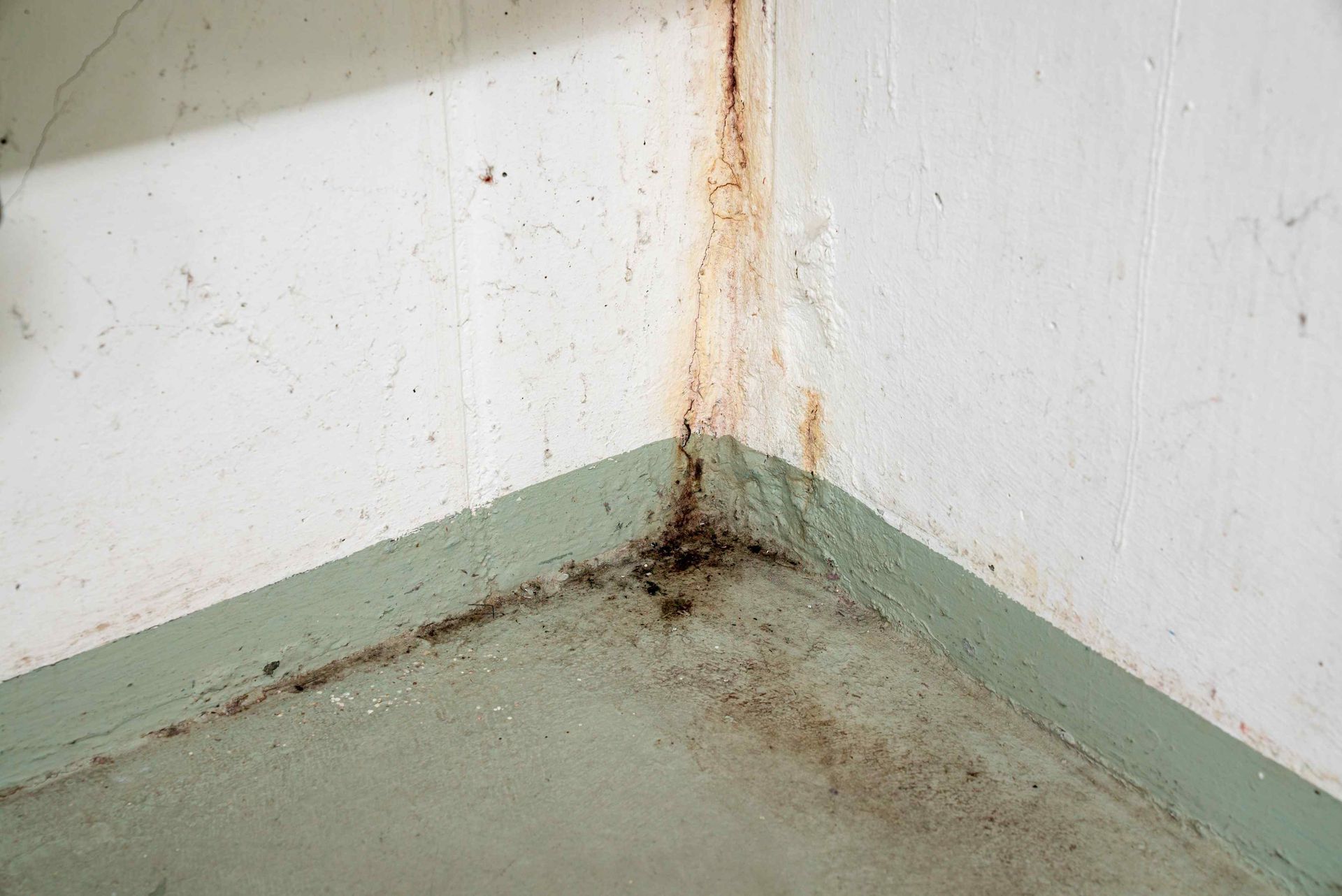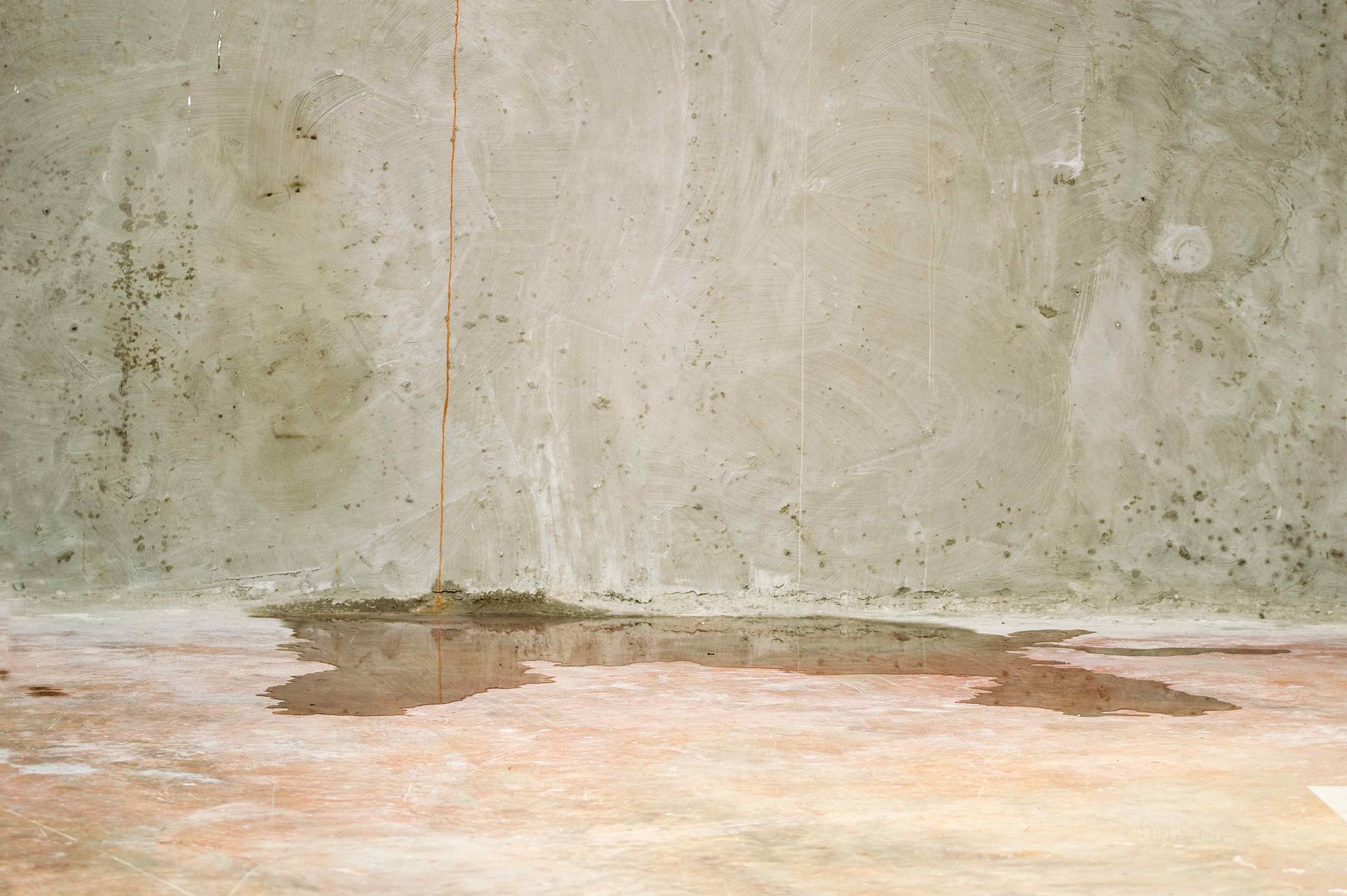Arch Landscaping Architects Lead Form
We will get back to you as soon as possible.
Please try again later.
Basement Water Damage: 8 Eye-Opening Facts Every Homeowner Should Know
Imagine waking up one day to the squishy feeling of wet carpet underfoot or the musky smell of dampness. The culprit? Water damage in your basement. While the image might be unpleasant, understanding the realities of water damage can help homeowners prevent these scenarios.
Let's delve into some eye-opening facts about water damage and basements.

1. Water Damage is Common in Basements
Fact: Over 60% of U.S. homes experience some form of basement dampness or water leakage.
Water damage isn't a rare occurrence. In fact, almost every basement will face this problem at some point in its lifetime. This can be from minor leaks to major flooding.
Actionable Tip: Regularly inspect your basement for signs of moisture. This includes checking walls, floors, and the ceiling. By catching the issue early, you can potentially save thousands in repairs.
2. Water Damage Can Severely Affect Property Value
Fact: Homes with a history of water damage can see their value decrease by up to 25%. According to the
National Association of Realtors, over 30% of realtors believe that previous water damage can reduce a home’s potential selling price by 10-25%.
A home's market value can drop significantly if it has a history of basement water damage. It’s not just about aesthetics. Structural concerns arise when water compromise is frequent.
Actionable Tip: If you’re looking to sell, be transparent with potential buyers. Invest in thorough repairs and mold removal to ensure the damage doesn’t further affect the home’s market value.
3. Mold Growth is a Major Concern
Fact: If left untreated, water damage can lead to mold growth, potentially resulting in health issues. Homes with mold can even sell for up to 50% less than comparable homes without mold.
Mold can start growing within 24 to 48 hours after water exposure. This poses a health risk to the home's occupants and can aggravate respiratory conditions like asthma. Preventing water damage isn’t just about protecting your property, but also safeguarding the health of your family.
Actionable Tip: Invest in a dehumidifier for your basement. Keeping the humidity levels below 50% can prevent mold growth. If you detect mold, consult with professionals for removal.
4. Restoration Can Be Costly
Fact: The average cost to dry out a basement after minor flooding starts at $500 but can shoot up to $10,000 or more if extensive repairs are necessary.
Addressing the causes of potential water damage beforehand is cheaper than dealing with the aftermath of a flood. Basic steps, like maintaining your gutters and ensuring proper landscape grading, can make a significant difference.
Actionable Tip: Consider purchasing basement waterproofing or investing in regular inspections. While there’s an upfront cost, it’s far less than the potential restoration expenses.
5. Insufficient Drainage is a Common Culprit
Fact: In many instances of basement water damage, the problem stems from inadequate
drainage systems around the property.
If water doesn't have a proper channel to flow away from the home, it finds its way into basements. Additionally, cracks in your foundation or basement walls can serve as entry points for water.
Actionable Tip: Ensure gutters and downspouts direct water away from your foundation. This prevents water pooling around the base of your home, which can seep into your basement.
6. Natural Disasters: An Unexpected Contributor
Fact:
With rising global temperatures, heavy rainfall and flooding events have increased in many areas, making basements more susceptible to water damage.
Floods are the most common natural disaster in the U.S., and even minor floods can cause significant basement water damage. Un-natural disasters like burst pipes or appliance malfunctions can actually cause more water damage than natural disasters.
Actionable Tip: If you live in an area prone to flooding, consider adding barriers or seals to basement windows and entrances as well as sump pumps to your basement. This will provide an additional line of defense against rising water.
7. Insurance Rates Can Surge
Fact: Homes with histories of water damage often face steeper insurance premiums. This not only affects your monthly expenses but can deter potential buyers.
Not every homeowner's insurance policy covers basement water damage. It's crucial to understand the specifics of your policy. Many homeowners learn this the hard way after experiencing basement flooding.
Actionable Tip: Regularly review your homeowner’s insurance policy. Ensure it covers water damage and understand the specifics. If you’ve made renovations to prevent water damage, inform your insurance; it might lead to a reduced premium.
8. Prevention is More Cost-Effective than Cure
Fact: While prevention measures like
waterproofing or
sump pump installations come with costs, they are often far cheaper than the aftermath of water damage.
The sooner you detect and address water damage, the less severe the repercussions. Regular basement inspections can help identify potential issues before they escalate. Tools like water alarms can notify homeowners of unwelcome moisture.
Actionable Tip: Consider having a professional conduct a foundation and basement inspection. They can identify potential issues and suggest preventive measures tailored to your home.
Understanding the facts around basement water damage and its repercussions is pivotal for every homeowner. By taking a proactive stance, you can protect your home’s value, ensure the safety of its inhabitants, and save money in the long run.
Discover the Difference in Basement Care with Arch Foundation Repair
Your home’s foundation is its cornerstone, and at Arch Foundation Repair, we’re passionate about ensuring its longevity and safety. Our state-of-the-art basement waterproofing and crawl space encapsulation services are second to none, offering unparalleled protection against moisture and mold. Experienced those pesky basement leaks? Our basement leak repair solutions are meticulous and lasting. And when it comes to managing water levels, our sump pump installation and maintenance services are crafted to provide peace of mind during even the heaviest rainfalls.
Don’t wait for issues to arise—schedule a comprehensive foundation inspection with our specialists today. With Arch Foundation Repair by your side, you’re not just investing in a service; you’re ensuring a safe, dry, and secure foundation for the years to come.
Reach out now and fortify your home’s future!
Arch Foundation Repair Knowledge Center



Schedule An Inspection Today!
Arch Landscaping Architects Lead Form
We will get back to you as soon as possible.
Please try again later.
Arch Knowledge Center



Navigation
Services
Working hours
- Mon - Sat
- -
- Sunday
- Closed
All Rights Reserved | Arch Foundation Repair, Saint Louis
Powered By Superlative SEO Solutions
